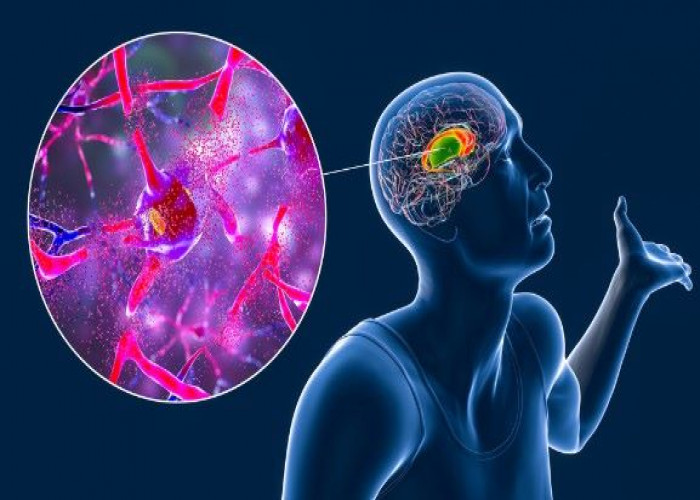 Welcome
Welcome
“May all be happy, may all be healed, may all be at peace and may no one ever suffer."
Huntington's disease
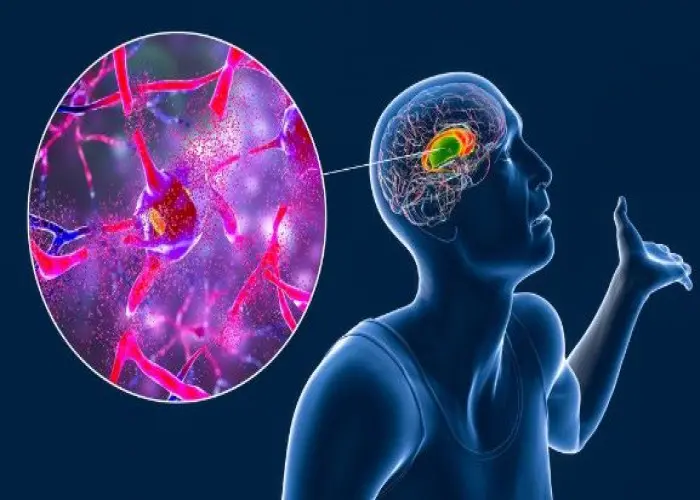
Huntington's disease is a rare, inherited genetic disorder that affects the brain and causes progressive neurodegeneration. It is caused by a mutation in the huntingtin gene, which produces an abnormal form of the huntingtin protein that accumulates in the brain and causes damage to brain cells over time.
Symptoms of Huntington's disease typically develop in mid-life but can appear earlier or later. Early symptoms may include mood swings, personality changes, irritability, and depression. As the disease progresses, symptoms may include uncontrolled movements, problems with coordination and balance, difficulty with speech and swallowing, and cognitive decline, such as memory loss and dementia.
There is currently no cure for Huntington's disease, but there are treatments available that can help manage the symptoms of the disease. Medications can be prescribed to help control the involuntary movements and psychiatric symptoms of the disease. Physical therapy, occupational therapy, and speech therapy may also be helpful in managing symptoms.
Genetic counseling is important for individuals with a family history of Huntington's disease, as the disorder is inherited in an autosomal dominant pattern. This means that a person only needs to inherit one copy of the mutated huntingtin gene from one parent to develop the disease. Genetic testing is available to determine if a person has the mutation, but individuals who are at risk for the disease may choose not to be tested due to the emotional and psychological impact of knowing their genetic status.
Early diagnosis and management of symptoms can improve the quality of life for individuals with Huntington's disease and their families. If you or someone you know may be at risk for Huntington's disease, it is important to speak with a healthcare provider or genetic counselor for more information and guidance.
Research Papers
Disease Signs and Symptoms
- Tremors or muscle jerking
- Frequent or recurrent thoughts of death
- Difficulty in learning new information
- Lack of awareness of one's own behaviors and abilities
- Lack of flexibility or the tendency to get stuck on a thought, behavior or action (perseveration)
- Difficulty organizing, prioritizing or focusing on tasks
- Impaired gait, posture and balance
- Muscle problems, such as rigidity or muscle contracture (dystonia)
- Difficulty swallowing (dysphagia)
- Abnormal eye movement
- A lump in the neck, just below Adam's apple
Disease Causes
Huntington's disease
Huntington's disease is caused by an inherited defect in a single gene. Huntington's disease is an autosomal dominant disorder, which means that a person needs only one copy of the defective gene to develop the disorder.
With the exception of genes on the sex chromosomes, a person inherits two copies of every gene — one copy from each parent. A parent with a defective gene could pass along the defective copy of the gene or the healthy copy. Each child in the family, therefore, has a 50% chance of inheriting the gene that causes the genetic disorder.
Disease Prevents
Huntington's disease
People with a known family history of Huntington's disease are understandably concerned about whether they may pass the Huntington gene on to their children. These people may consider genetic testing and family planning options.
If an at-risk parent is considering genetic testing, it can be helpful to meet with a genetic counselor. A genetic counselor will discuss the potential risks of a positive test result, which would indicate that the parent will develop the disease. Also, couples will need to make additional choices about whether to have children or to consider alternatives, such as prenatal testing for the gene or in vitro fertilization with donor sperm or eggs.
Another option for couples is in vitro fertilization and preimplantation genetic diagnosis. In this process, eggs are removed from the ovaries and fertilized with the father's sperm in a laboratory. The embryos are tested for presence of the Huntington gene, and only those testing negative for the Huntington gene are implanted in the mother's uterus.
Disease Treatments
No treatments can alter the course of Huntington's disease. But medications can lessen some symptoms of movement and psychiatric disorders. And multiple interventions can help a person adapt to changes in his or her abilities for a certain amount of time.
Medications will likely evolve over the course of the disease, depending on overall treatment goals. Also, drugs that treat some symptoms may result in side effects that worsen other symptoms. Treatment goals will be regularly reviewed and updated.
Medications for movement disorders
Drugs to treat movement disorders include the following:
- Drugs to control movement include tetrabenazine (Xenazine) and deutetrabenazine (Austedo), which have been specifically approved by the Food and Drug Administration to suppress the involuntary jerking and writhing movements (chorea) associated with Huntington's disease. These drugs don't have any effect on the progression of the disease, however. Possible side effects include drowsiness, restlessness, and the risk of worsening or triggering depression or other psychiatric conditions.
- Antipsychotic drugs, such as haloperidol (Haldol) and fluphenazine, have a side effect of suppressing movements. Therefore, they may be beneficial in treating chorea. However, these drugs may worsen involuntary contractions (dystonia), restlessness and drowsiness.
- Other drugs, such as risperidone (Risperdal), olanzapine (Zyprexa) and quetiapine (Seroquel), may have fewer side effects but still should be used with caution, as they may also worsen symptoms.
- Other medications that may help suppress chorea include amantadine (Gocovri ER, Osmolex ER), levetiracetam (Keppra, Elepsia XR, Spritam) and clonazepam (Klonopin). However, side effects may limit their use.
Medications for psychiatric disorders
Medications to treat psychiatric disorders will vary depending on the disorders and symptoms. Possible treatments include the following:
- Antidepressants include such drugs as citalopram (Celexa), escitalopram (Lexapro), fluoxetine (Prozac, Sarafem) and sertraline (Zoloft). These drugs may also have some effect on treating obsessive-compulsive disorder. Side effects may include nausea, diarrhea, drowsiness and low blood pressure.
- Antipsychotic drugs such as quetiapine (Seroquel), risperidone (Risperdal) and olanzapine (Zyprexa) may suppress violent outbursts, agitation, and other symptoms of mood disorders or psychosis. However, these drugs may cause different movement disorders themselves.
- Mood-stabilizing drugs that can help prevent the highs and lows associated with bipolar disorder include anticonvulsants, such as divalproex (Depakote), carbamazepine (Carbatrol, Epitol, others) and lamotrigine (Lamictal).
Psychotherapy
A psychotherapist — a psychiatrist, psychologist or clinical social worker — can provide talk therapy to help with behavioral problems, develop coping strategies, manage expectations during progression of the disease and facilitate effective communication among family members.
Speech therapy
Huntington's disease can significantly impair control of muscles of the mouth and throat that are essential for speech, eating and swallowing. A speech therapist can help improve your ability to speak clearly or teach you to use communication devices — such as a board covered with pictures of everyday items and activities. Speech therapists can also address difficulties with muscles used in eating and swallowing.
Physical therapy
A physical therapist can teach you appropriate and safe exercises that enhance strength, flexibility, balance and coordination. These exercises can help maintain mobility as long as possible and may reduce the risk of falls.
Instruction on appropriate posture and the use of supports to improve posture may help lessen the severity of some movement problems.
When the use of a walker or wheelchair is required, the physical therapist can provide instruction on appropriate use of the device and posture. Also, exercise regimens can be adapted to suit the new level of mobility.
Occupational therapy
An occupational therapist can assist the person with Huntington's disease, family members and caregivers on the use of assistive devices that improve functional abilities. These strategies may include:
- Handrails at home
- Assistive devices for activities such as bathing and dressing
- Eating and drinking utensils adapted for people with limited fine motor skills
Disease Diagnoses
Disease Allopathic Generics
Disease Ayurvedic Generics
Disease Homeopathic Generics
Disease yoga
Huntington's disease and Learn More about Diseases

Urinary incontinence

Polymyositis
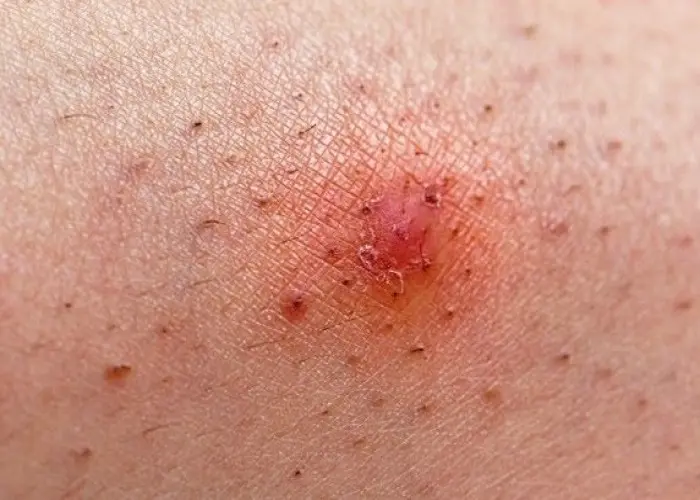
Ingrown hair
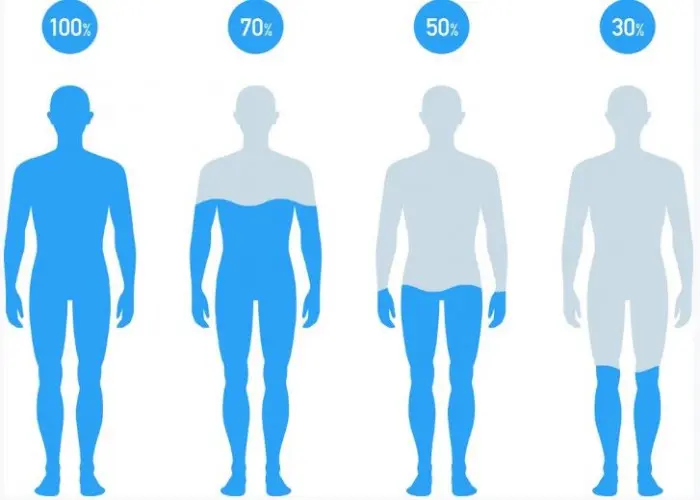
Dehydration

Periodontitis (Pyrrhoea)

Stomach cancer

Astigmatism
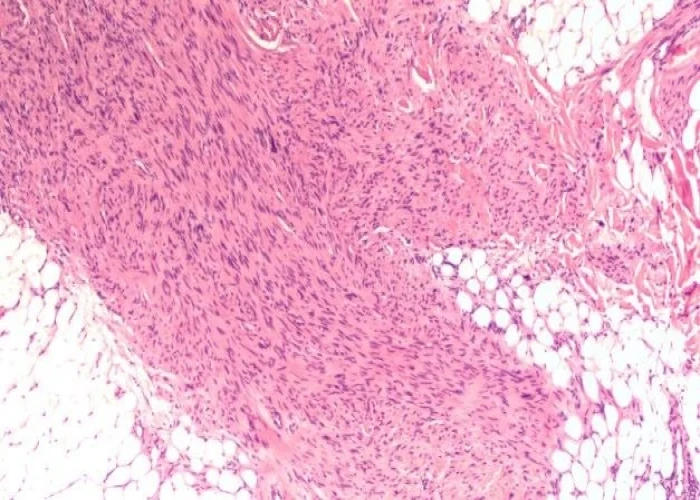
Malignant peripheral nerve sheath tumors
Huntington's disease, হান্টিংটন রোগ
To be happy, beautiful, healthy, wealthy, hale and long-lived stay with DM3S.
